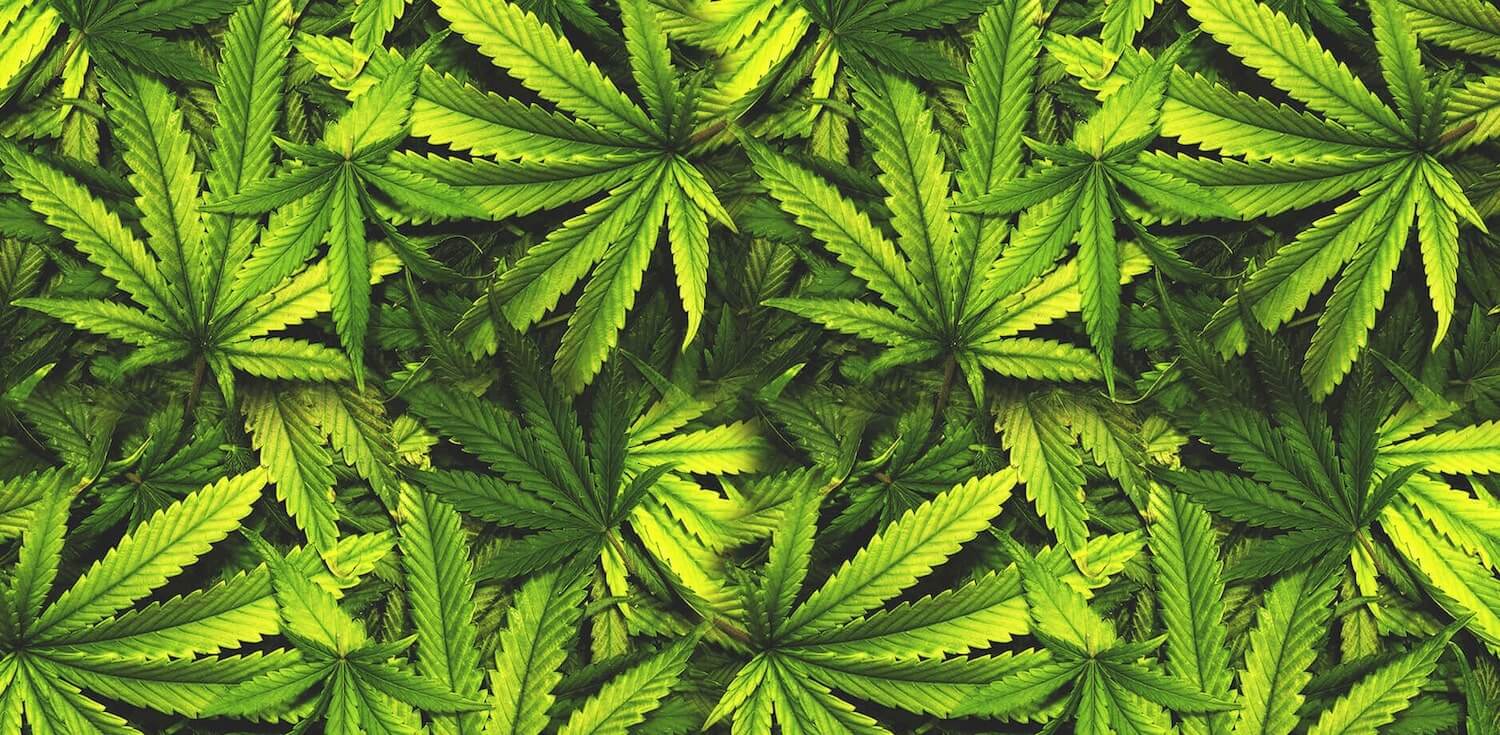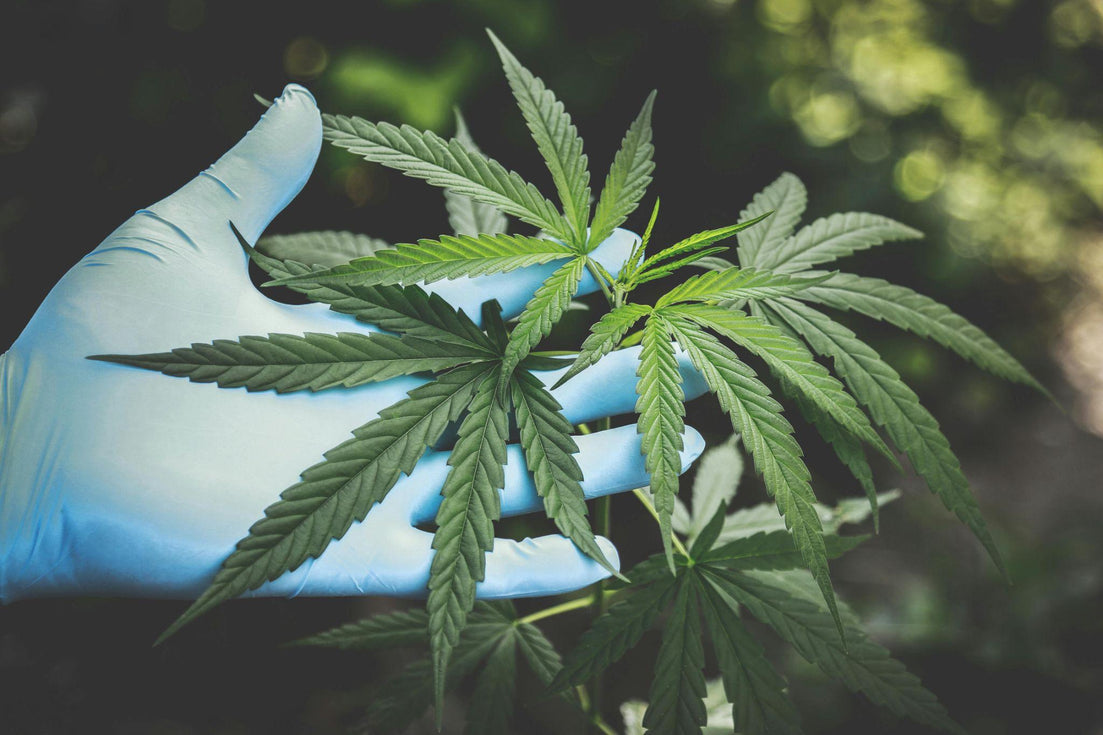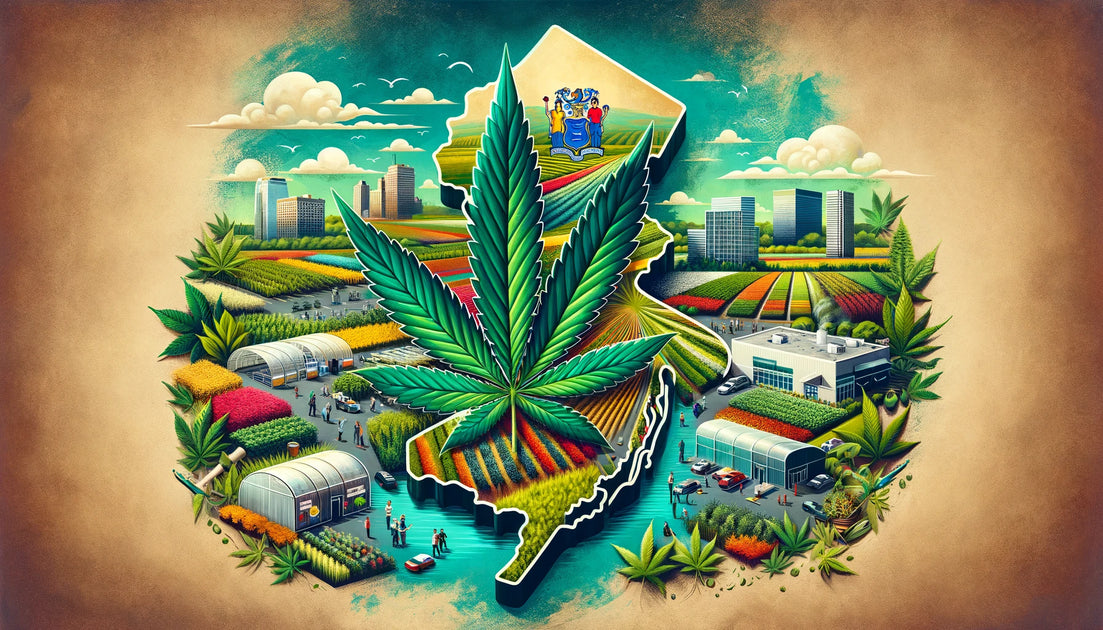Your cart is currently empty.

It seems like CBD is everywhere these days - and it might be the truth, considering how the CBD industry is booming. You can find it in oils, gummies, capsules, cosmetics, foods, and even household items, such as CBD-infused pillows. More and more studies are being conducted to prove its further benefits, and we can actually see an increasing number of doctors and other professionals entrusting CBD with treating specific conditions.
CBD is especially praised for its ability to reduce pain and swelling, making it an exceptionally interesting substance for athletes who are constantly looking for ways to deal with sore muscles. And according to both CBD and physical therapy experts from Therapist Preferred - it actually works while also bringing other benefits to the table.
Does it sound too good to be true? Continue reading to learn more about CBD properties and improve your workout recovery in no time!
What Is CBD?
Before we get into detail, it's vital to understand some basics about CBD. Cannabidiol (CBD) is a natural substance - one of 113 cannabinoids found in the cannabis plant. Unlike tetrahydrocannabinol (THC), CBD is not psychoactive and doesn't make you high, which is one of the reasons for its growing popularity. It works through interacting with the endocannabinoid system, affecting a variety of processes occurring in the human body, including pain management or sleep.
What Is Muscle Soreness and What Causes It?
Muscle soreness occurs after exercising, especially after intensive workouts. Besides the usual pain and discomfort, there might also be other symptoms, such as redness, inflammation, and swelling. It is caused by muscle micro-tears as a result of overtraining or improper technique. Microdamaged muscles become inflamed, which alerts the body to start fighting and repairing.
While it’s common among beginners due to their lack of experience, professional athletes continue to struggle with muscle soreness because of the intensity of their daily workout sessions.
How Can CBD Help With Muscle Recovery?
It Reduces Inflammation
According to studies conducted among patients with multiple sclerosis, CBD shows extensive anti-inflammatory properties, reducing pain, pain and improving the mobility of those suffering from MS. In these cases, the substance was rubbed on muscles in the form of ointment or given orally. While it all certainly looks promising, nothing can be said with full certainty yet, especially since people react to various substances differently.
It Helps You Relax and Improves Sleep Quality
One of the most commonly known benefits of using CBD is its relaxing effect. As an athlete, you surely know how important proper rest is for both your training and recovery after it - that’s when your body recovers and repairs any damages.
It Helps With Muscle Spasms
Another common problem among athletes is muscle spasms, which happen because the muscles are overactive and contract too strongly. CBD has been proven to decrease muscle spasms. Additionally, CBD is not only helpful at hand - it will also help you reduce muscle spasms in the long term.
It Relieves Pain
Cannabis is an analgesic, which means that it relieves pain. And while CBD is not THC, it is proven to possess the same pain-relieving properties, making it an excellent natural remedy for athletes dealing with muscle soreness after a workout session.
It Prevents and Treats Nausea
If you’re working out, you’re probably dieting, too. But even if you try to maintain a balanced diet, there might be days when your body simply doesn’t feel like eating anything. That’s where CBD can help - it will help you prevent nausea and vomiting.
What Is the Best Way To Take CBD?
There are several ways to incorporate CBD into your daily routine as an athlete. You can use it as a topical ointment, vape it, take it orally in the form of oil, gummies, capsules, or even apply it as a cream to soothe your muscles, which (as it has already been stated above) has been proven to benefit.
Those more knowledgeable recommend starting with tinctures. It’s usually CBD mixed with essential oils or flavors to improve the typically bitter taste of the substance. You can then apply it directly under your tongue or add it to your meal or beverage.
Of course, it’s not the only way, and it’s hardly universally the best one, so you can do some research and decide what suits you best. Then, it’s also better to start with a small dose and see how it affects you - you can always increase it later.
However, if you’re an athlete who will use CBD for muscle recovery, choosing a high-quality product is essential. Many CBD products in the market are not only low-quality but also poorly manufactured or contaminated with THC and will make you fail a drug test. The best CBD for athletes is organic hemp CBD - it contains all the beneficial cannabinoids in their purest form, without any other chemicals.
When Is It Best To Take CBD?
As we have already mentioned, good sleep is essential for muscle recovery and building, so you might want to use CBD before bedtime to fall asleep easier and improve your sleep quality. The substance will also support your body in muscle recovery while you’re resting in your dream world. It becomes even more beneficial if you have an intense morning workout routine - which most athletes do.
If you exercise later during the day and use edibles that take some time to be ingested before they start working, you can incorporate CBD into your pre-workout regime.
When it comes to topicals, it’s logically more common to use them after exercising to ease tension and soreness, unless you need pain relief to be able to start training.
It Is Important To Note...
Even though CBD is safe, it’s still advisable to consult with your doctor before using it, especially if you suffer from any chronic conditions or take prescription medications. Additionally, the substance doesn’t interact well with other drugs you might be taking, so make sure to get more information on how they might interact if you decide to use CBD alongside them. Moreover, it’s essential to keep in mind that CBD is not a miracle cure - it won’t help you with all your problems. But if you’re looking for a natural way to ease inflammation and pain in various parts of your body, this could be a viable option.
Will CBD Show Up on a Drug Test?
The short answer is probably.
The outcome depends on many variables, such as the type of drug test you’re taking and the product you have used. Generally speaking, CBD products should contain less than 0.3% THC, which is too little to trigger a positive result. However, if you haven’t done your research, you might have entrusted a manufacturer who doesn’t sell CBD of the highest quality. As such, their products might contain more THC than stated. To be entirely sure, you should always know what you’re buying. It’s also better to opt for organic hemp CBD instead, as the plant itself is low in or completely free from THC.
The Final Take
There is still much to be studied about CBD and its effects, but it seems like the natural substance has a lot of potential in reducing pain and speeding up muscle recovery. It’s hard to ignore the increasing number of voices praising the use of CBD, also for supporting the muscle recovery process. So, if you are a sports professional struggling with muscle soreness that affects your progress, consider giving it a try! As long as you stay in contact with your healthcare provider, CBD can’t harm you in any way - but there certainly is a high chance that it will help!



